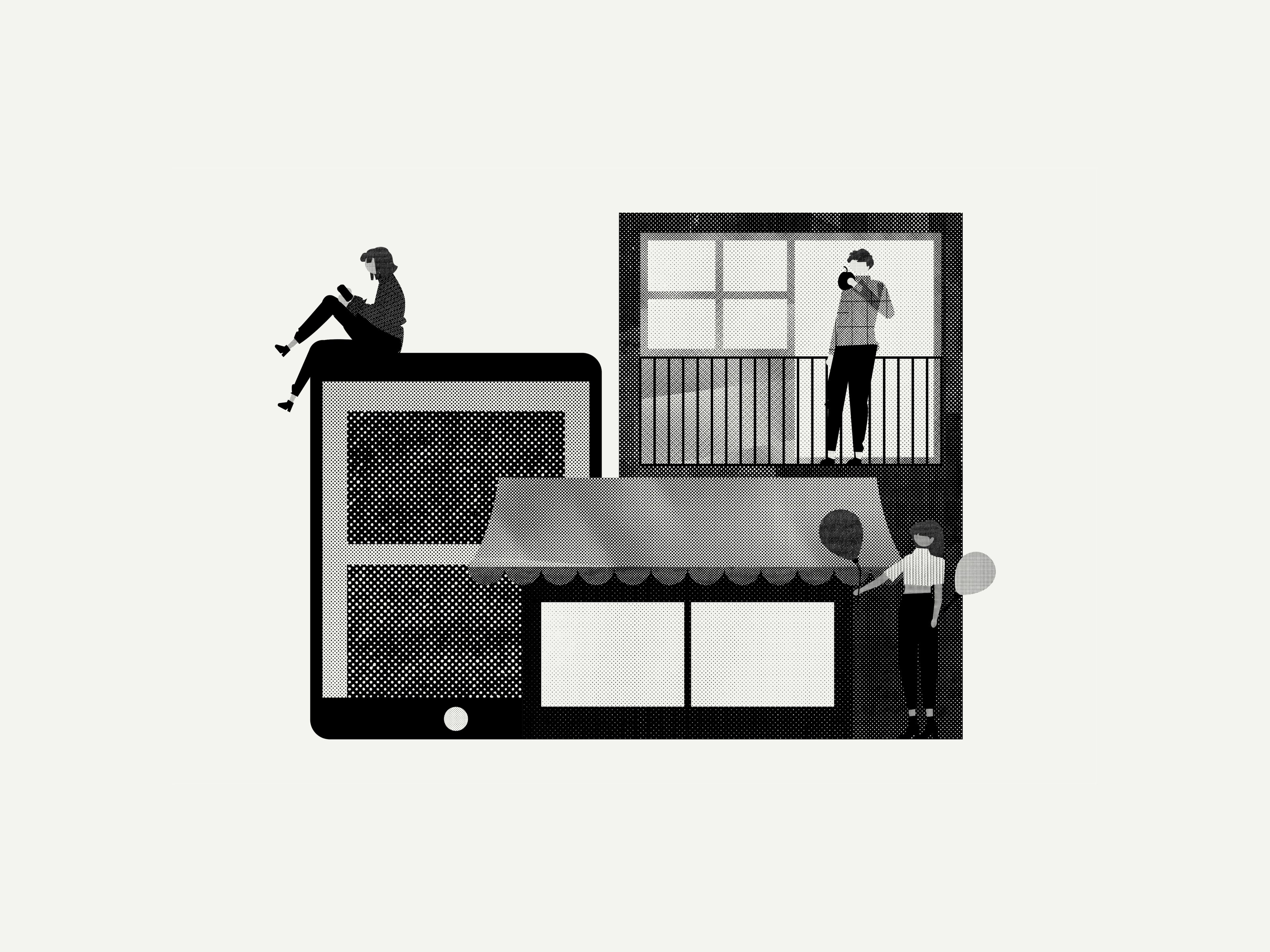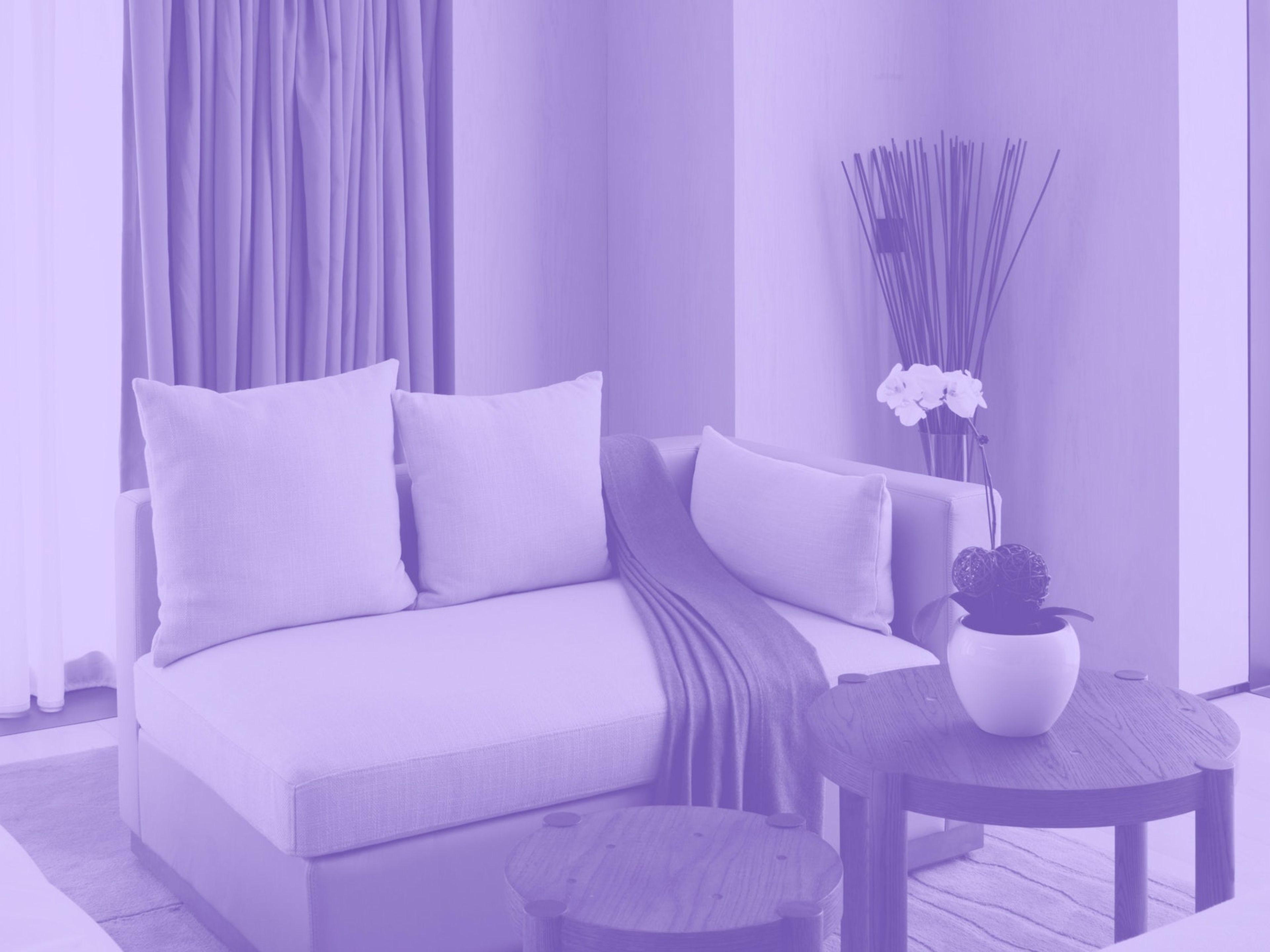Hospitality: Business as usual, or is it?
by Jack SallabankPage contents
With news of vaccines signalling the light at the end of the tunnel for the COVID-19 pandemic, the hotel industry is heading towards a new chapter – something we’re calling ‘business as usual, with a twist’. At two recent roundtable discussions, Make’s Hotels team gathered together a group of industry insiders to discuss what this twist is. How has the pandemic changed how hotels operate, and which of these changes will remain once normality eases back in? Several themes emerged in an illuminating conversation that included hotel owners, developers and managers with operations around the globe and experience in everything from budget to ultra-luxury brands.
What emerged was a vision for the future that mixed the old with the new, the traditional with the experimental, and tapped into a re-energised sense of community.

Customer and community relationships
Established brands have built up trust with their customers over many years, which can be an advantage for those who can maintain it. “Hotel brands inherently have that trust from their guests, and it really puts them in a position of power in the current market,” one participant said. There is an assumption among customers, based on experience, that cleanliness will be a given, and that makes a hotel a place they can trust in times of heightened concern.
There are regional differences, however. In Hong Kong and China, which have had a less acute pandemic than Europe or the US, hotels have made masks mandatory (as they are everywhere else in China) and installed features like thermal imagery cameras and temperature checking. But the feeling among some is that there will be “some fatigue” around these measures from customers over time. Once international flights pick up again, people’s willingness to travel and stay in new places will go up again and their priorities will likely shift away from being overtly hygiene conscious. “People have short memories” was the conclusion.
One lasting example of building trust throughout the pandemic, however, is a growing focus on community. With international tourism at a standstill, hotels have had to focus on domestic customers for their business – and those domestic customers have ensured those hotels were busy, whether in the UK or Thailand. “On the weekends after reopening, we had the same occupancy levels as last year,” one London hotel owner said. The latent demand was so high that people were willing to spend more in restaurants and treat themselves to luxury experiences once restrictions eased. In fact, in many places, luxury hotels performed better than average because prices had dipped.
That same London hotel now had to provide a safe environment for customers, but with a local touch. It started working with local businesses, using locally produced food and goods, and integrating those into experiences for customers. It turned the hotel into a destination in its own right, one supported by the local community.
“I think that will stay,” the owner added. In times of uncertainty when business dips, “locals will still support you because they will be there.”

Is there a ‘right’ location?
The shift in where people work during lockdown has had a clear effect on how hotels in different locations have performed. With people staying home and working remotely, city centres have emptied, leading to more activity in suburbs and the countryside. One London hotelier said that, since re-opening, their hotel in a London suburb has outperformed their city-centre location, a complete reversal from activity over the last 20 years.
That does not mean demand for city-centre locations will disappear. On the contrary, as one participant said: “Who doesn’t miss going to New York? Who doesn’t miss being in London the way London used to be?” Even if people increasingly work farther away from the city centre, they will want to experience the buzz that suburban and rural places lack.
As cities become a destination again, more hotels could adopt membership models to meet that demand. More people will likely stay for two or three nights, as opposed to simply staying overnight, and with that, they will want more amenities – including co-working facilities – and more things to do. Hotel brands have the opportunity to create environments that meet those needs. They can then replicate those environments from one location to another, so customers know what to expect on each visit, regardless of where they go.
That has two benefits: it helps with the underwriting of the business, adding revenue from more F&B and from memberships; and it creates communities of like-minded individuals.
Meanwhile, suburbs become another opportunity to create places for people to congregate. According to one speaker, 80% of respondents in a survey did not miss their co-workers, but a similar number did miss daytime companionship. “I see there being huge opportunities to reinvent public space for congregation,” they said, referring to areas like Guildford or Woking in the UK. Hotels, combining their trustworthy brands with a social need to build communities nearer to our homes, have the potential to become social hubs.

Introducing mixed uses and maximising space
The underlying implication in all this is that hotels will have to introduce a greater mix of uses. During the pandemic, some hotels converted guestrooms into workspaces for people tired of working from home, while in other places, guests could eat privately with their friends or family in rooms, rather than in open dining areas. It meant the hotels could attract customers who did not necessarily want to stay overnight.
‘Creativity’ and ‘agility’ were two key words speakers used repeatedly when discussing how to make the most of hotel space. “We actually have a marriage licence now,” one speaker said. Despite not having a lot of event space, they had enough space to accommodate 15 people and stream the wedding for other friends who could not come. They are now considering opening a flower shop in the lobby bar.
Several speakers did raise a number of concerns about how a mix of uses would work in practice. While some hotels can add fun elements to draw in customers – for instance, creating a travel-themed lobby complete with a hot-air balloon or wearing bright, colourful masks – others are constrained by their brand image. “If you’re going to go to Claridge’s and spend £500, you want the Claridge’s experience. You don’t want Claridge’s 2.0 or some kind of quirky thing that Claridge’s is doing because it’s post-COVID,” said one international hotel operator.
Still, they said: “We’ve used our public spaces differently to activate them in a way that perhaps we wouldn’t have done before.” Inside, they collaborated with local businesses on pop-ups selling things like coffee, tea and ice cream. Outside, there was underutilised lawn space where they could host events that matched their five-star brand. While some whimsical ideas would be out of place, an artisanal bread and cheese evening watching the sun set over a beautiful view would feel appropriate in a luxury hotel.
The other concern is cost. One participant said: “You can’t just put a coffee machine in the corner and presume that a whole bunch of neighbourhood residents are going to say ‘Ah, yeah, great’, because there is nothing more soulless than working from a busy lobby where 200 people are checking out.” Investment is needed to create these outward-looking spaces where people want to congregate. Another speaker said that planting, external terracing and open, flexible ground floor space have become central to their development, despite the cost: “Before COVID, those things would be put under pressure. But I think the COVID scenario is really challenging us all, as individuals involved in the development of projects, to add those things in.”
Viability, however, means that it will be prohibitively expensive to create those public-facing expansions in some places. The suggestion is that secondary locations – the Guildfords and Wokings of the world – are perhaps the places that will have the most to gain in this. Values are not yet as prohibitively high, while growing demand implies a growing opportunity.
That growth in secondary locations, combined with sustained – though, in some cases, modified and increasingly diverse – demand in city centres underpins the future of the industry. For some operators, it’s business as usual, but the twists and opportunities are materialising. Meanwhile, pent-up demand for what hotels offer is growing as the public awaits an end to restrictions. We crave the experiences the industry can deliver, and soon those will once again be a reality.
Make hospitality portfolio
Authors
Jack Sallabank is the founder of Future Places Studio, a place-based research and strategy studio that specialises in exploring the macro and micro trends impacting the built environment.
Publication
This article was published as part of our Hospitality Series, which considers the state of the post-pandemic hospitality sector, including its growing intersection with other areas of design.
Read more







